
The Colonial Chains: CFA Franc and Exploitation
For decades, Burkina Faso’s gold-rich soil has funneled wealth into foreign coffers, particularly France’s, through the mechanisms of the CFA franc zone. This monetary system, a remnant of colonial rule, has effectively allowed France to maintain significant control over the economies of its former colonies. In Burkina Faso, this has translated into substantial portions of its gold exports benefiting foreign interests, leaving the nation grappling with poverty and dependency. The situation is exacerbated by structural adjustment programs (SAPs) imposed by international financial institutions like the IMF and World Bank, which have often led to privatization of resources, reduced public spending, and an emphasis on raw material exports—a cycle critics term “Colonial Economy 2.0.”
Ibrahim Traoré: The Military Captain Who Rewrote the Rules
In 2022, amidst political and economic turmoil, 34-year-old military captain Ibrahim Traoré assumed power in Burkina Faso. Rejecting the traditional trappings of leadership, he declined the presidential salary, opting instead to continue receiving his captain’s pay. This gesture signaled a commitment to service over personal gain.
Key Initiatives Under Traoré:
Nationalization of Gold Mines: Traoré’s administration has taken control of several foreign-owned gold mines, aiming to ensure that the nation’s mineral wealth benefits its citizens. This includes the establishment of a state-owned mining company, Société de Participation Minière du Burkina (SOPAMIB), which has already acquired significant mining operations.
Rejection of IMF Loans: In a move to avoid the pitfalls of debt dependency, the government has turned away from IMF loans, focusing instead on self-reliance and internal resource mobilization.
Infrastructure Development: The administration has embarked on an ambitious infrastructure program, acquiring over 1,000 construction vehicles and aiming to build between 3,000 to 5,000 kilometers of roads annually. This initiative seeks to connect remote areas, boost trade, and stimulate economic growth.
Outcomes in Two Years:
- Economic Growth: The nation’s GDP has seen a significant increase, reflecting the positive impact of these reforms.
- Debt Management: Efforts are underway to manage and reduce national debt, emphasizing fiscal responsibility.
- Improved Services: Enhanced infrastructure has facilitated better access to markets, education, and healthcare for many citizens.
Traoré’s Blueprint: Sovereignty Over Submission
Traoré’s governance model emphasizes national sovereignty and self-determination, challenging traditional Western economic prescriptions.
Key Aspects:
- Food Sovereignty: The government is investing in agriculture by providing farmers with tractors and seeds, and establishing processing facilities to reduce reliance on food imports.
- Cultural Reclamation: In a bid to revive national identity, colonial-era symbols, such as wigs in the judiciary, have been replaced with traditional attire like the “faso danfani,” supporting local artisans and promoting cultural pride.
- Psychological Liberation: Traoré advocates for a mindset shift, encouraging citizens to value indigenous solutions and reject the notion that foreign methods are inherently superior.
Challenges and Risks
While Traoré’s reforms have garnered support, they are not without challenges:
- Security Concerns: The country continues to face threats from jihadist groups, posing risks to stability and development efforts.
- International Pushback: The shift away from traditional Western partnerships has led to tensions with some international actors, potentially affecting foreign aid and investment.
- Operational Efficiency: Nationalized industries must be managed effectively to avoid inefficiencies and ensure that they contribute positively to the economy.
A New Dawn for Africa?
Traoré’s approach presents a potential model for other African nations seeking to reclaim control over their resources and destinies. By prioritizing sovereignty, cultural identity, and self-reliance, Burkina Faso is charting a course that challenges longstanding economic paradigms. As Traoré asserts, “Africa has the resources; what’s missing is courage.” If successful, this model could inspire a continental shift towards empowerment and sustainable development.



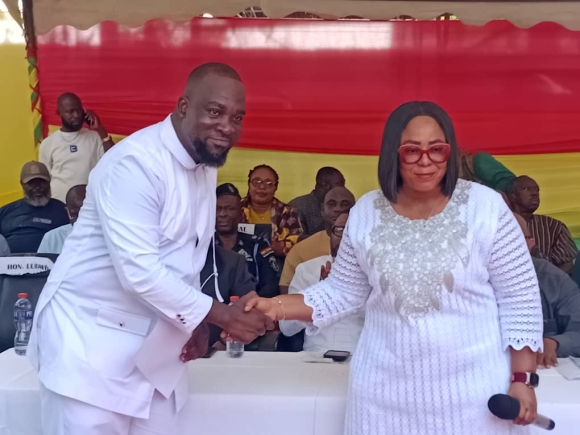
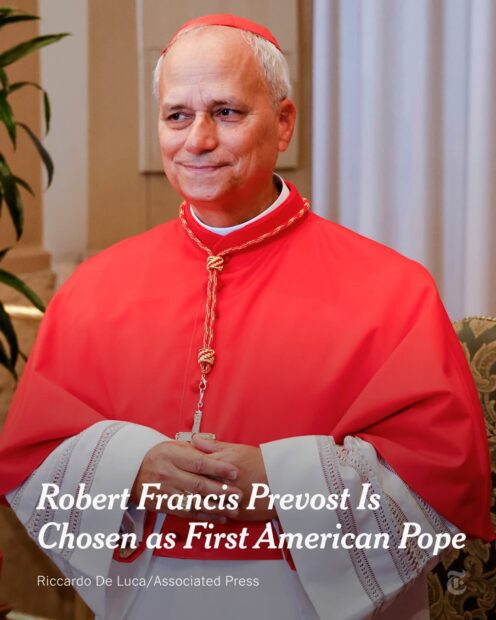

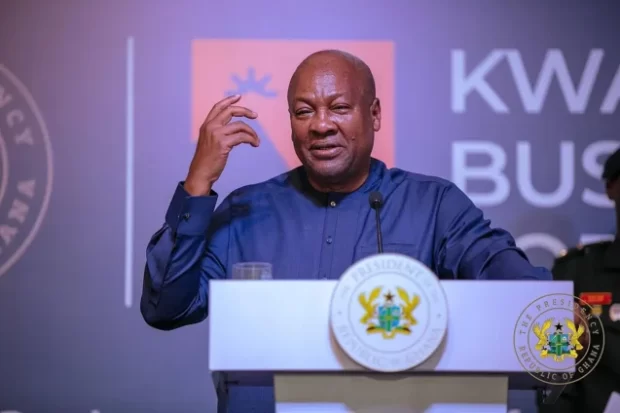
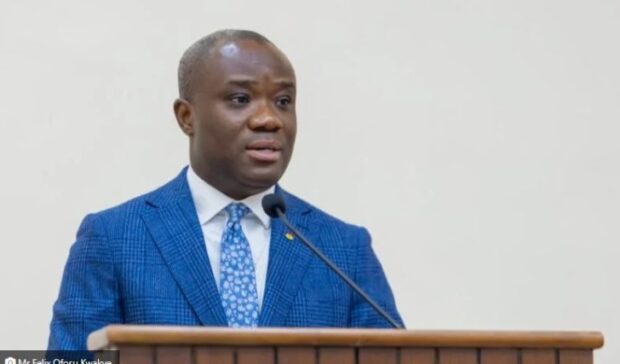
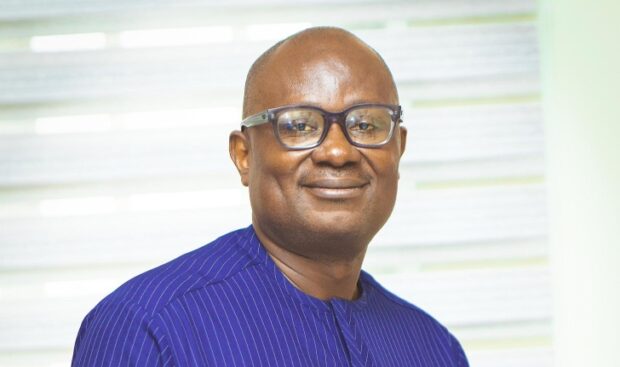
Be the first to leave a comment